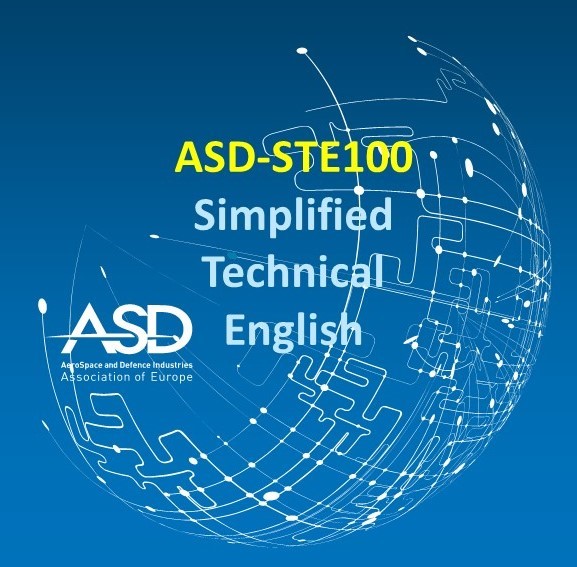The perception of organisational knowledge assets often varies greatly across industries and regions. Historically, in many organisations, these crucial resources were primarily viewed as a mere obligation or an unavoidable expenditure – just “good enough” for basic stipulations, rather than a key strategic element. This approach frequently stemmed from an intense focus on rapid product creation and delivery, where the profound worth of clear, user-focused information wasn’t fully grasped.
However, this mindset is rapidly changing. A growing number of progressive enterprises globally are now recognising the immense strategic benefit of their content, moving beyond simple adherence to stipulations and leveraging it as a crucial competitive edge. Does your organisation view its internal and external written resources as a drain or a driver? The answer could profoundly shape your path to success.
Far too many companies still classify their content creation as just another administrative outlay – a box to tick for inspections or financial reviews. Yet, this perspective leads to considerable unmeasured repercussions:
- Operational Inefficiencies and Bloated Costs: Unclear or incomplete knowledge assets frequently trigger a surge in user queries, leading to frustrated customers and an inflation of customer service outlays. Simultaneously, new team members encounter unnecessarily protracted adjustment periods when self-serve knowledge bases are lacking, hindering their full productivity and impacting team morale for months.
- Heightened Compliance Risks and Penalties: Substandard reference materials expose your business to greater risks of regulatory non-compliance. This isn’t just about minor headaches; it can lead to significant financial penalties and substantial damage to your corporate reputation in highly scrutinised markets.
- Impeded Market Performance and Adoption: When individuals encounter confusing directions or manuals, they struggle to utilise your offerings effectively. This directly results in user frustration, diminished engagement with your products, and ultimately, missed opportunities for successful product launches and market penetration.
Conversely, consider the transformative advantages when written resources are regarded as a fundamental investment:
- Enhanced Operational Efficiency and Cost Savings: Empowered users who independently find their answers mean a dramatic reduction in inbound support tickets, freeing your valuable teams to focus on innovation and complex problem-solving rather than repetitive queries. Internally, comprehensive, readily available information dramatically shortens onboarding times, enabling new team members to contribute productively much sooner.
- Boosted Client Loyalty and Market Expansion: Clear, concise instructions enhance the user journey, cultivating trust and encouraging repeat business and positive referrals. Furthermore, well-structured information facilitates a smoother entry into new territories by providing consistent, high-quality support and understanding to diverse markets.
- Strengthened Compliance and Risk Mitigation: Investing in quality knowledge assets proactively ensures robust adherence to international benchmarks and mandates. This not only minimises the risk of penalties but also builds a reputation for reliability and professionalism, strengthening your position in a competitive global landscape.
The Verdict: Written assets are not merely an expense centre. They are your silent engine for operational excellence and sustained advancement.
If your approach to managing these vital resources remains reactive or an afterthought, you’re likely overlooking significant prospects and leaving tangible value untapped.
Unlock Your Knowledge Assets
Ready to transform your documentation from a cost centre into a strategic growth engine? Utilise ASD-STE100 Simplified Technical English to achieve unparalleled clarity and efficiency in your content.
Encourage your team to explore Shufrans Techdocs worldwide online instructor-led training sessions. Our programmes equip your professionals with the practical skills to implement this standard, enabling them to create precise, compliant, and highly effective knowledge assets. Plus, you’ll benefit from 120 days of post-training support to ensure lasting success.



 View our training calendar
View our training calendar
 Learn more about this international writing standard:
Learn more about this international writing standard: 





 Asia Pacific (APAC) Online | Certified STE Masterclass
Asia Pacific (APAC) Online | Certified STE Masterclass 


 A €210 fee discount is applicable when you also sign up for
A €210 fee discount is applicable when you also sign up for 



